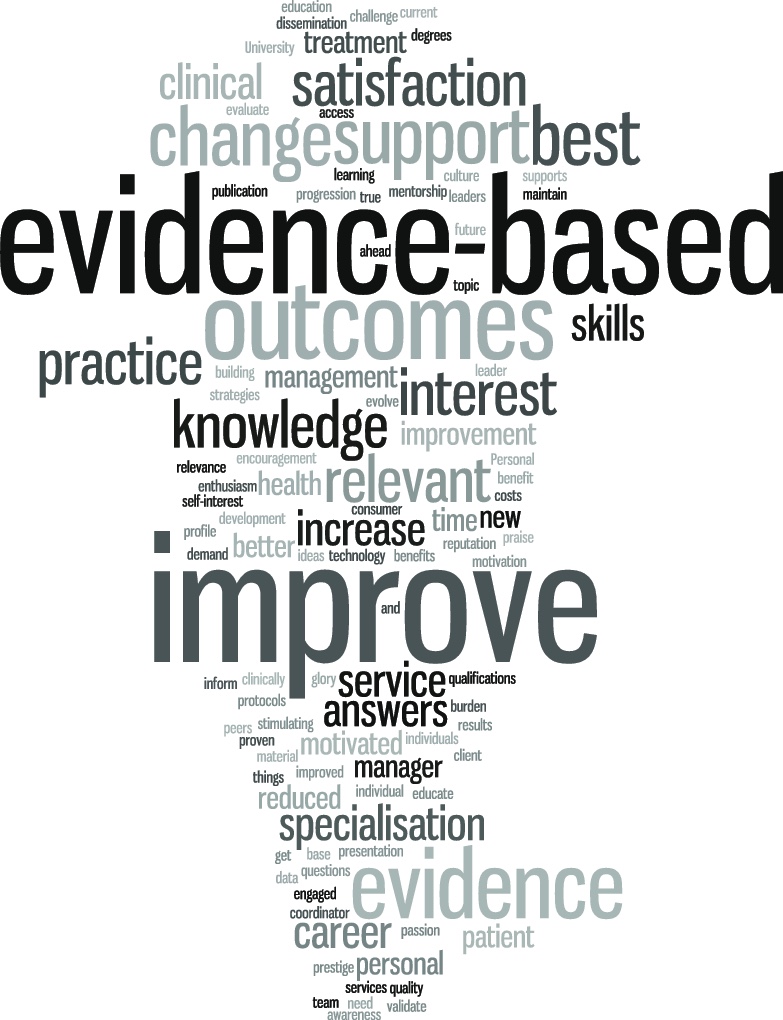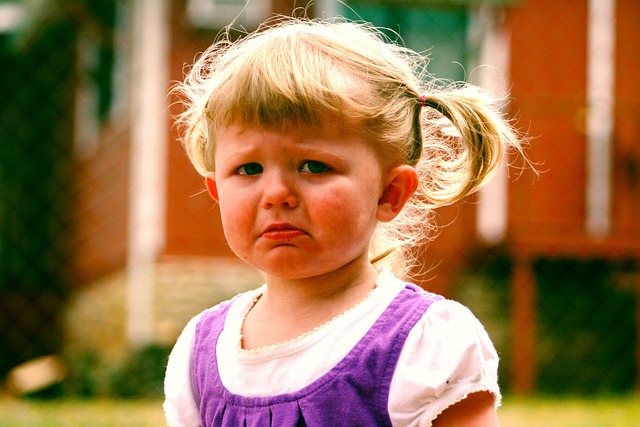
WHAT IF THEY SAW HOW ANXIOUS I WAS? SOCIAL ANXIETY AND THE DESIRE TO CONCEAL IT
Learning to hide
One of the most common social anxiety concerns is the fear that one will appear anxious to others: being anxious about your social anxiety itself! Of course, it’s not just that some sign of one’s anxiety will be visible, but that it will be followed by some form of negative evaluation or judgment that can greatly exacerbate the… Continue reading














